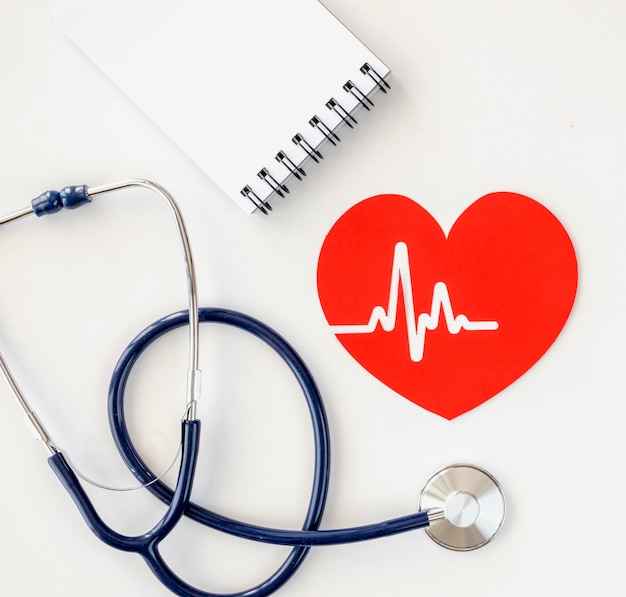
We’ve discussed before that high blood pressure can lead to a range of health problems, like heart attacks, strokes, organ failure, sexual dysfunction, and even vision loss. Fortunately, various types of exercise can help lower your blood pressure over time by strengthening your heart and helping you lose fat.
But you might wonder, during a workout, your heart rate goes up—does that mean your blood pressure rises too? And should we be worried about this?
When you exercise, your body goes through several changes. Your breathing rate increases to get more oxygen, and your circulatory system delivers fuel to your working muscles. Your heart rate rises to pump more blood to these muscles, and your body temperature goes up, causing you to sweat to cool down.
While these responses to exercise might seem harmful at first, they are normal. Yes, your blood pressure does increase during exercise. It’s a natural response to help deliver oxygen-rich blood to the muscles. For instance, systolic values can go up to around 200 mmHg during intense exercise.
However, in the long term, regular exercise can actually reduce your blood pressure. This might seem confusing, but it’s because your body adjusts to exercise in both the short term and long term in different ways. For example, during weight training, certain enzymes are activated to help fuel your workout, even breaking down muscle temporarily. But after the workout, your body begins the recovery process to build stronger muscles.
Think of it like a roller coaster with ups and downs. The stress of exercising takes you down into the valleys, making your health markers like blood pressure look worse in the short term. But eventually, these same stresses help you reach peaks, where you see improved performance and better health indicators, including lower resting blood pressure.
This process of stress, adaptation, and improvement is known as General Adaptation Syndrome (GAS). Essentially, it’s how your body adapts to any stress, whether it’s good or bad. In this case, exercise is a positive stress, leading to beneficial adaptations over time.
Now, we’ve answered the main question: “Does your blood pressure go up when you exercise?” For most people, the answer is yes, and it’s a temporary, normal response that improves blood pressure in the long run. However, some individuals experience a “Hypertensive Response to Exercise” (HRE), where the blood pressure spike is much higher than normal, sometimes reaching 250 mmHg or more. This can be dangerous and might be related to factors like arterial stiffness or metabolic issues.
If you experience symptoms like severe headaches, confusion, vision problems, fatigue, or chest pain during exercise—or have known issues with your arteries or metabolism—it’s crucial to consult a doctor. They can help you determine a safe exercise plan tailored to your needs.